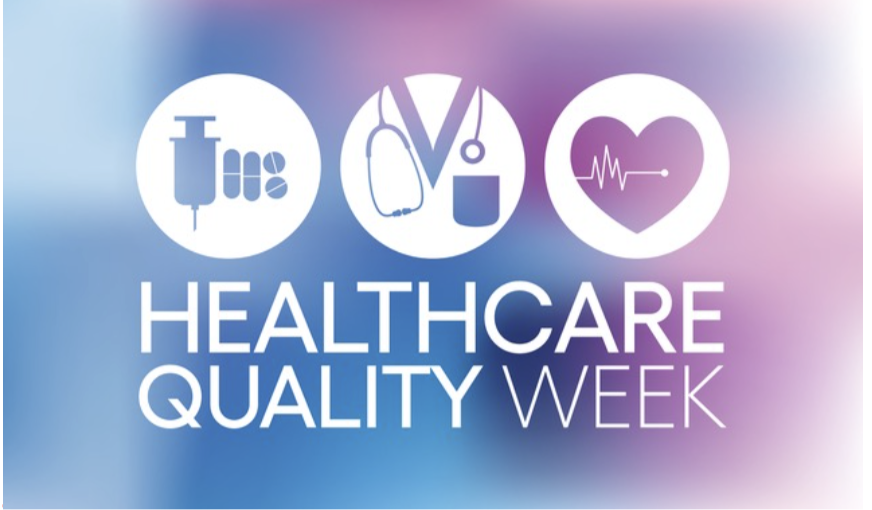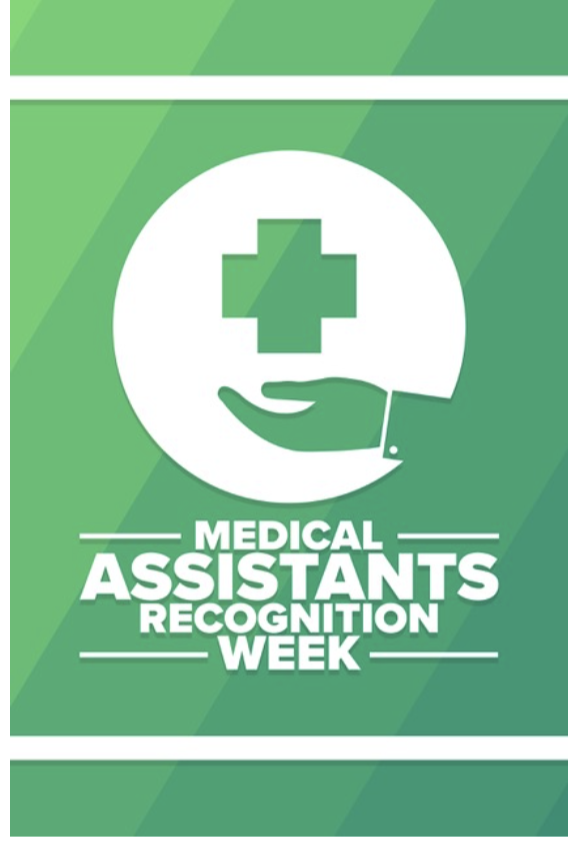Certain infections can have profound effects during pregnancy. We are going to share with you what screening tests you should expect from your obstetrical care provider, when you should have these tests, and questions to ask. Being informed is your best strategy to having a healthy pregnancy.
Why screen for infections during pregnancy?
Because certain adverse outcomes can be avoided with routine screening for certain infections during pregnancy.
This blog series will provide you with an overview of the recommended screening tests for infectious diseases during pregnancy during your prenatal care. Knowledge of these routine screening tests--when the test is recommended during pregnancy, what specific testing method you should expect, and accurate interpretation of test results-- is part of the basic understanding of your routine prenatal care.
Recommended Routine Screenings for Infectious Diseases During Pregnancy
- Urinalysis/Urine Culture for a urinary tract infection (UTI): Blog 1
- Hepatitis B & C: Blog 2
- Human Immunodeficiency Virus (HIV): Blog 3
- Rubella and Varicella (Measles and Chicken Pox): Blog 4
- Sexually Transmitted Infections (Chlamydia, gonorrhea, and syphilis): Blog 5
- Group B Strep (GBS): Blog 6
- Tuberculosis (TB): Blog 7
Understanding Sexually Transmitted Infections (STIs) and Your Pregnancy
The most common STIs screened for in early pregnancy are syphilis, chlamydia, and gonorrhea. Active infection with these STIs can cause problems in your pregnancy and potentially for your baby, the fetus, if left undiagnosed and/or untreated.
When to Screen
You will receive testing for chlamydia and syphilis on your entry to care and then again during your pregnancy if risk factors or symptoms are present. Screening for gonorrhea may also be included if risk factors or symptoms are present.
Retesting for these infections is recommended later in your pregnancy, ideally between 28- and 32-weeks’ gestation, and/or at delivery if certain risk factors are present or you have tested positive early in your pregnancy; some states require testing at delivery even for patients who are not at high risk of infection.1
Testing Method and How it is Done
A chlamydia test can be done on a urine sample or on samples taken with a swab from the vagina, mouth, throat, rectum, or the area around the cervix via a nucleic acid amplification test. A nucleic-acid amplification tests, also known as NAATs, are used to identify small amounts of DNA or RNA in test samples. NAATs can detect a variety of different STIs. In fact, most urine tests for STIs are performed using NAATs.
A nontreponemal serologic test via venereal disease laboratory test (VDRL) or rapid plasma reagin (RPR) is recommended for syphilis. Nontreponemal tests are an indirect method in that they detect biomarkers that are released during cellular damage that occurs from the syphilis spirochete. The rapid plasma reagin (RPR) test is a blood test that looks for antibodies to syphilis.
Screening for gonorrhea, also via nucleic acid amplification testing, may be done whenever chlamydia testing is done or be reserved for those age 25 and younger, if you live in an area where the prevalence of gonorrhea is high, or other risk factors are present. Like chlamydia, tests for gonorrhea can be done on a urine sample or on samples taken with a swab from the vagina, mouth, throat, rectum, or the area around the cervix. If positive testing and/or the patient is at high risk for infection, repeat testing is recommended in the third trimester.
What are They Looking for in your Sample?
If any of these STIs are diagnosed in pregnancy, repeat testing for a test-of-cure is done after treatment to ensure treatment was successful. In addition, partner treatment is encouraged to avoid reinfection.
Some Questions to Ask your Healthcare Provider
I’m pregnant. Can I get an STI?
I’m pregnant. Can I get an STI?
Should I be tested for STIs during my pregnancy?
How are STIs treated during my pregnancy?
What can I do to prevent or reduce my risk of getting an STI?
How can STDs affect me and my unborn baby?
To learn more about perinatal infections, visit labready.com and reach out to our professionals at hello@labready.com
Next Blog:
Pregnant? How to Keep You and Your Baby Healthy
Get Screened for Infections During your Pregnancy – Group B Streptococcus (GBS)
About the Author
Shannon M. Clark, MD, MMS, FACOG is a double board-certified Obstetrician and Gynecologist, and Maternal-Fetal Medicine Specialist focusing on the care of pregnant individuals with maternal and/or fetal complications of pregnancy. After finishing medical school at the University of Louisville School of Medicine in Louisville, KY, Dr. Clark completed a residency in Obstetrics and Gynecology at Allegheny General Hospital in Pittsburgh, PA. During her first year of residency, she realized her passion for taking care of individuals with complicated, or high-risk, pregnancies and subsequently pursued a fellowship in Maternal-Fetal Medicine and a master’s degree in Medical Science at the University of Texas Medical Branch in Galveston, TX where she is a professor with roles as clinician, researcher, and educator.
References














